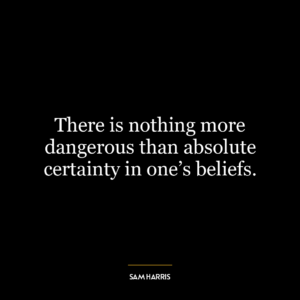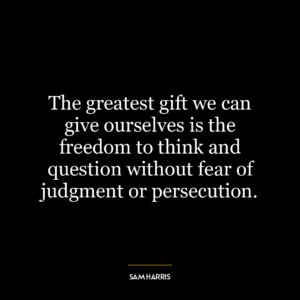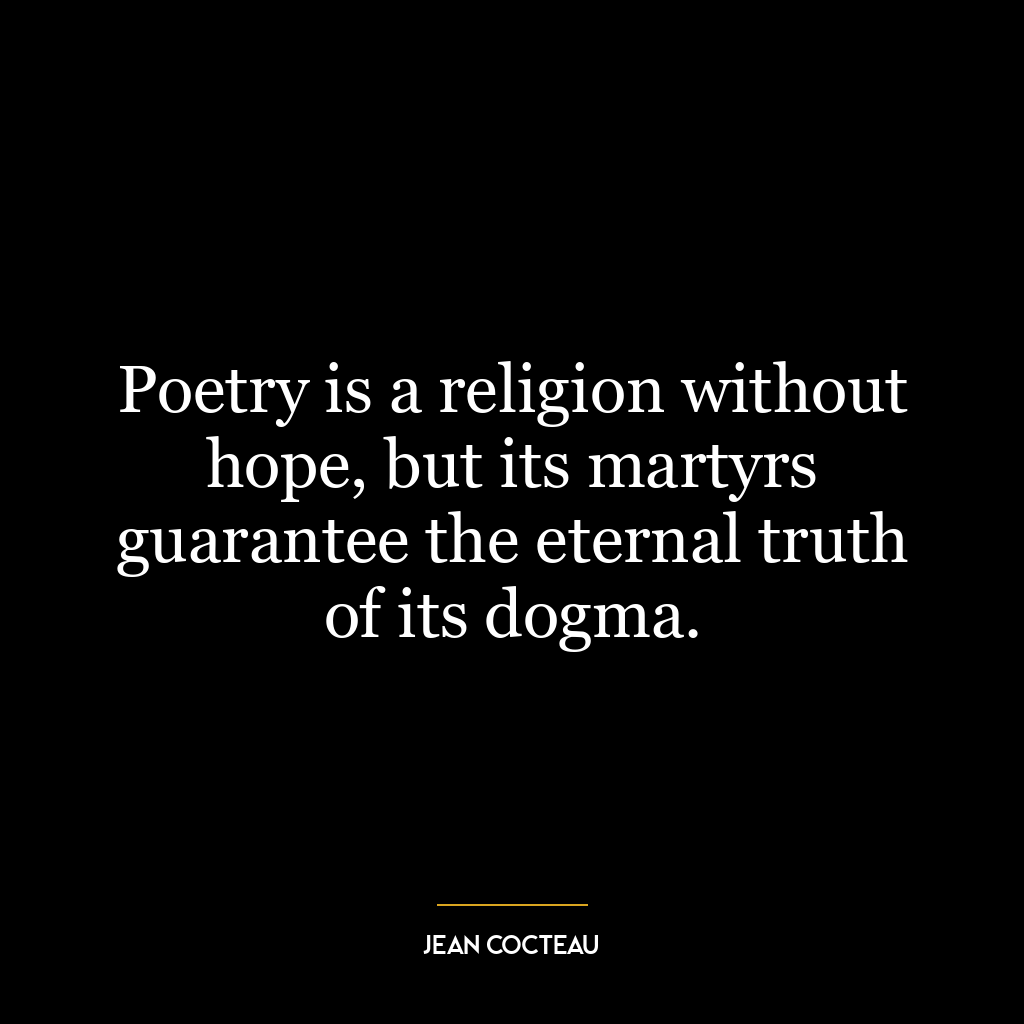The problem is that religion tends to give people bad reasons to be good.
This quote suggests that religion, while often promoting moral behavior, can motivate people to do good for the wrong reasons. Rather than acting out of genuine empathy, compassion, or a sense of justice, individuals might behave morally out of fear of divine punishment, desire for heavenly reward, or blind adherence to religious laws. This perspective questions the authenticity and sustainability of such morality, as it is not grounded in an individual’s intrinsic values but is externally imposed.
In the context of today’s world, this quote can be relevant in various ways. For instance, it can be seen in religious extremism where individuals commit harmful acts because they believe it’s a religious duty. It can also be seen in more benign contexts, such as people who only help others because they believe it will earn them a place in heaven, not because they genuinely care about the well-being of others.
In terms of personal development, this idea encourages individuals to seek good for its own sake, rather than for external rewards or punishments. It suggests that we should cultivate empathy, compassion, and a sense of justice within ourselves, and let these intrinsic values guide our actions. This approach to morality is more authentic and sustainable, as it is not dependent on external factors. It also fosters a more genuine connection with others, as our actions are motivated by a genuine concern for their well-being, rather than self-interest.















